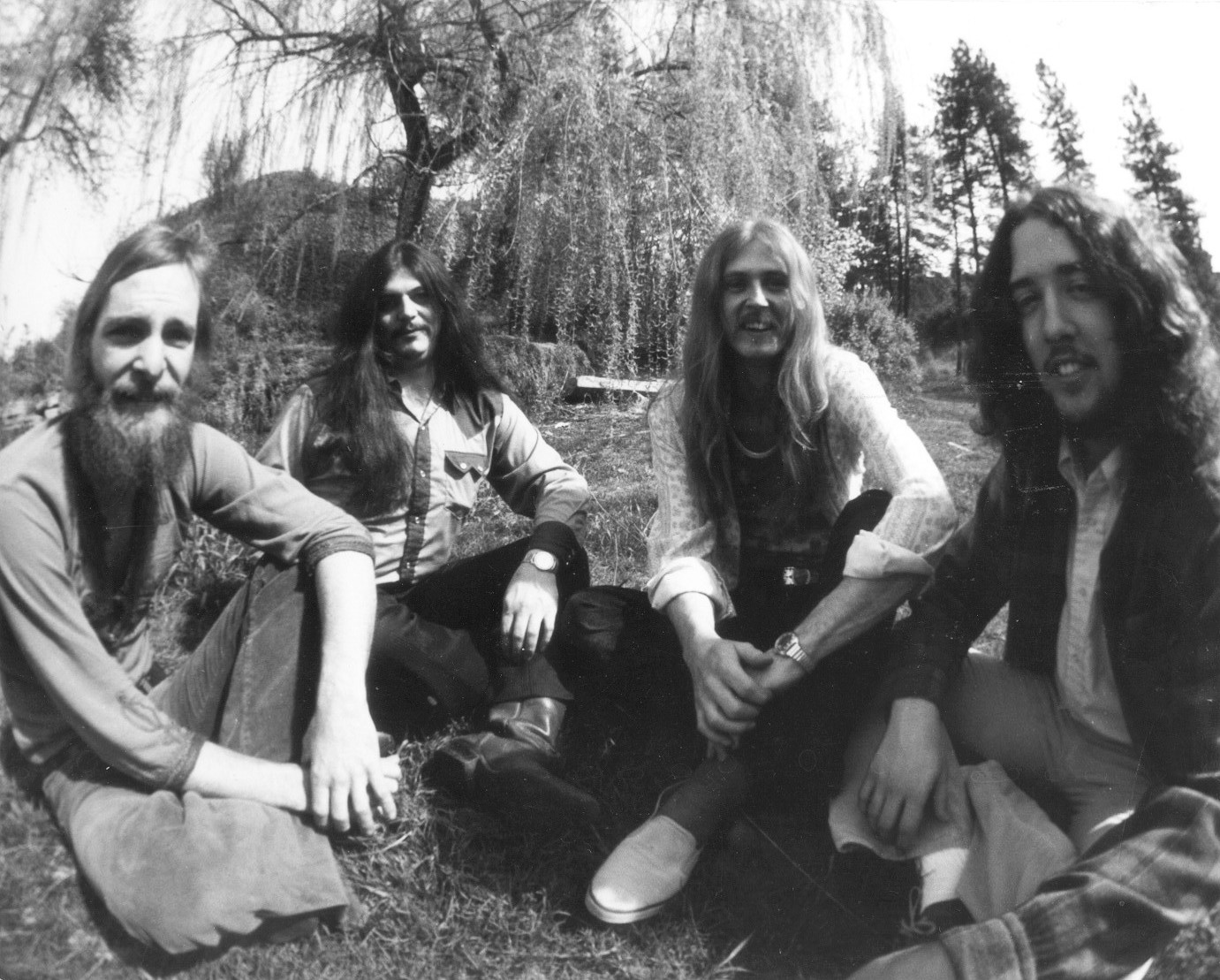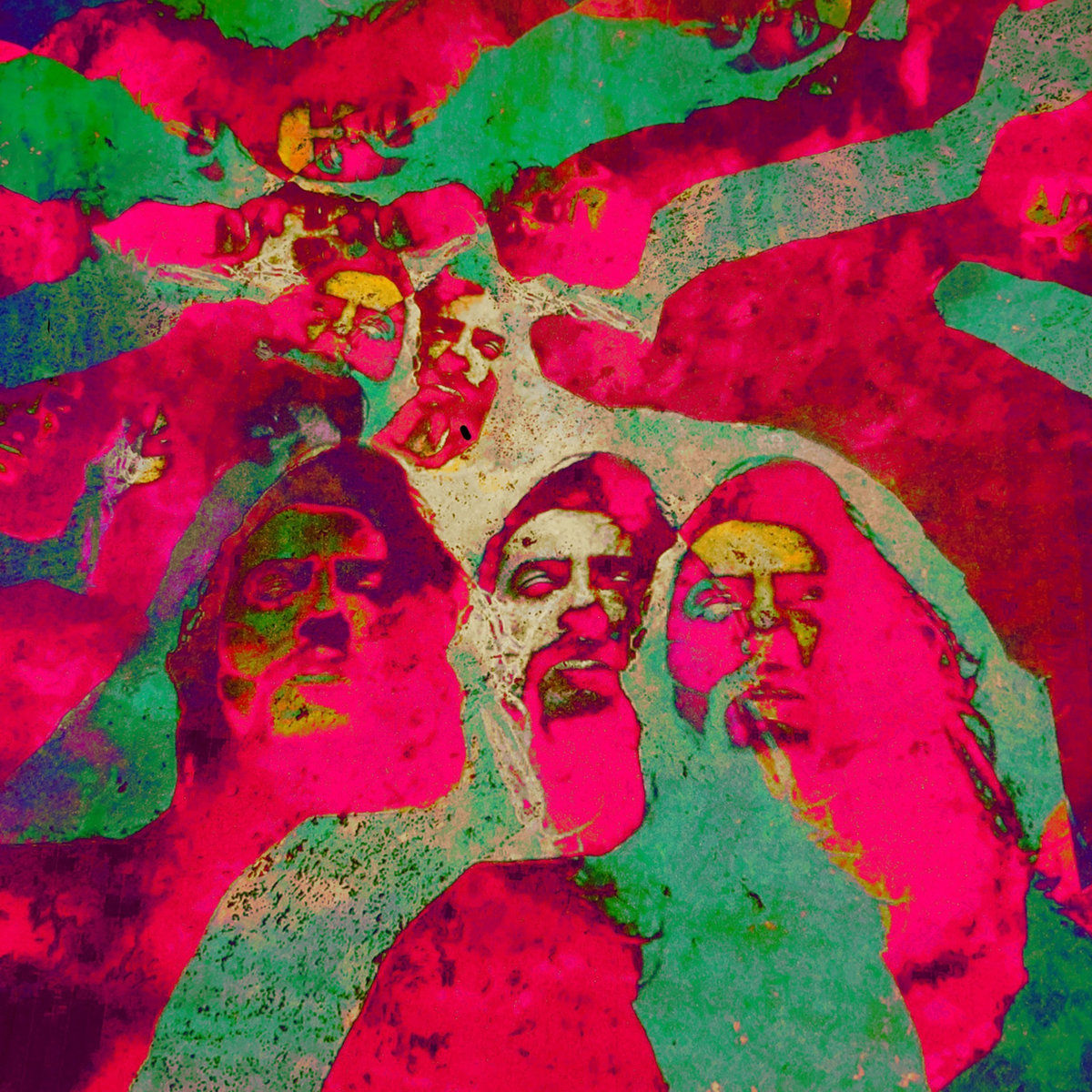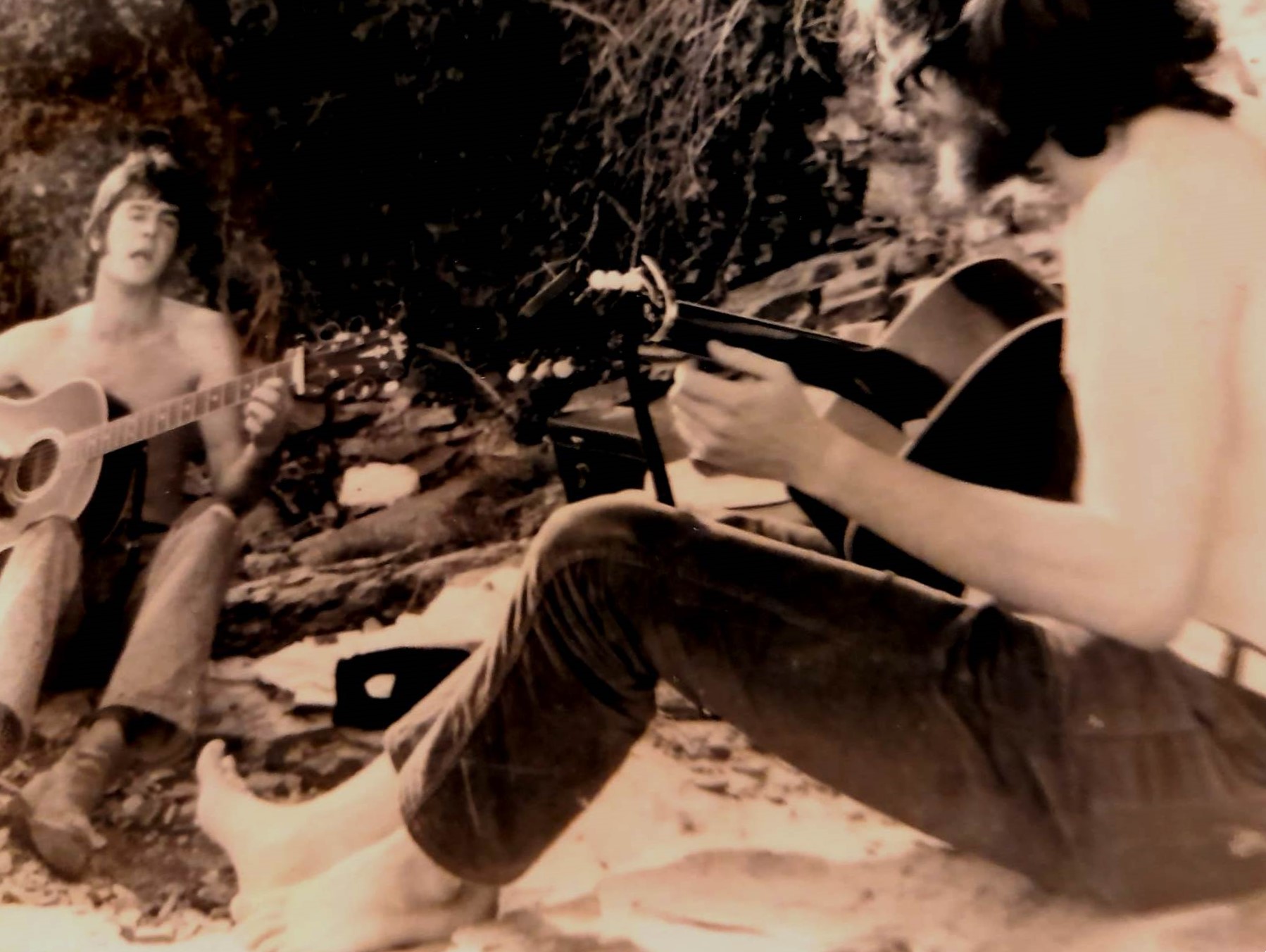Blind Willie’s Lost ’72/74 Recordings: A Rediscovered Gem
Unveiling previously unreleased recordings from 1972 to 1974, Blind Willie’s hard rock journey emerges from the shadows.
Originating in Spokane, Washington, the band’s unique blend of hard rock, country rock, and psychedelia captivated audiences, drawing interest from major labels like Columbia and Epic Records. Now, listeners can experience the band’s incendiary studio demos and live performances, showcasing their enduring musical legacy in a curated collection that transports audiences back to the vibrant rock scene of the ’70s, courtesy of Guerssen imprint Out-sider.
The saga of Blind Willie unfolds with intriguing twists, including a brief collaboration with Dave Shogren of the Doobie Brothers on bass and significant interest from major labels such as Columbia and Epic Records. Now, for the first time, listeners have the opportunity to delve into the band’s remarkable studio demos from 1972 to 1974. These recordings capture Blind Willie’s original lineup comprising Craig Karp (guitar, vocals), Frank Trowbridge (guitar), Charlie Bieker (bass, guitar, vocals), and Jim Griffith (drums), as they unleash blistering rock’n’roll anthems recorded on a humble 4-track tape machine in a friend’s apartment.
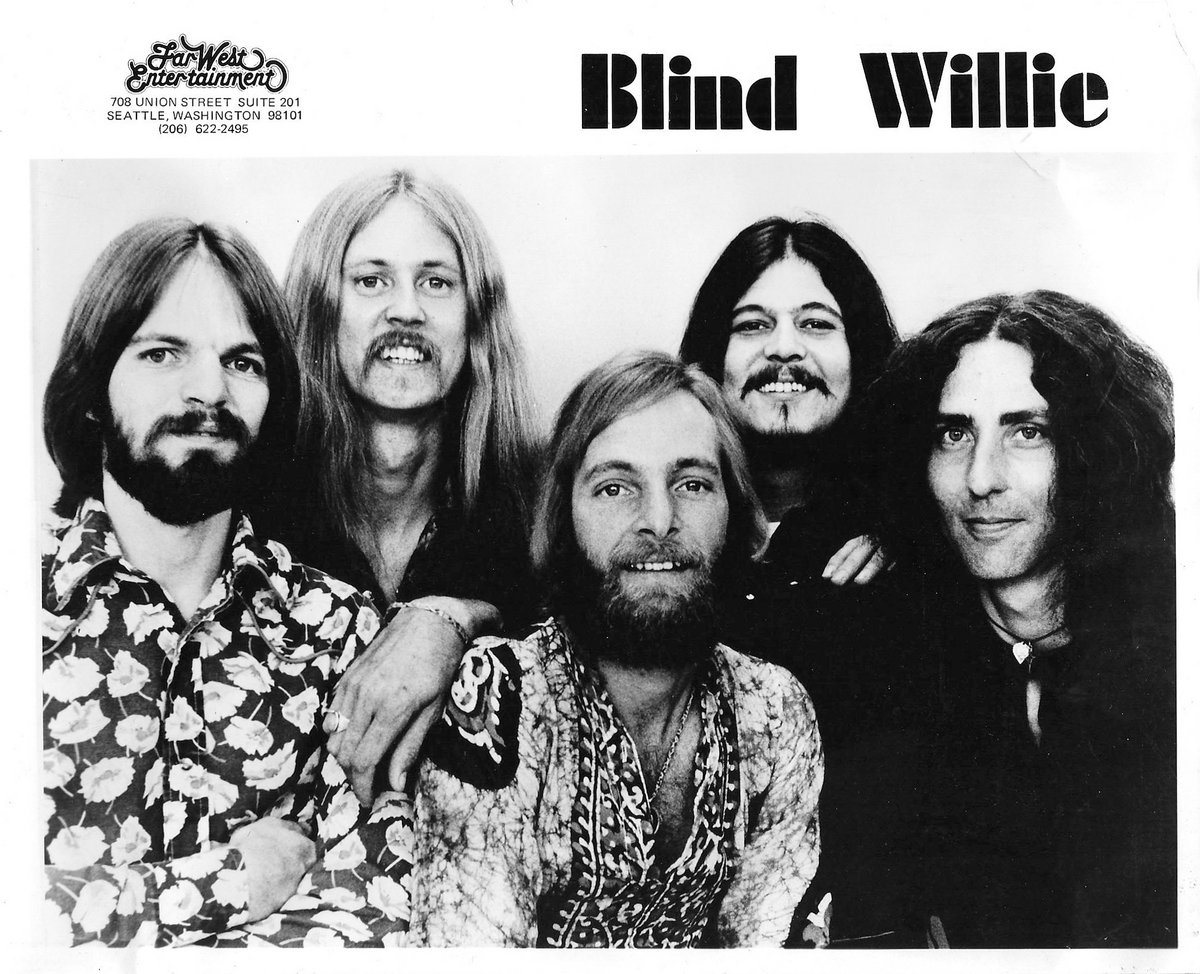
“Wolfman Jack was up introducing Blind Willie”
Would you like to tell us where you were born and what could you say about your upbringing?
Frank Trowbridge: I was born in Boise, Idaho, and lived in a small town about 10 miles from there. The area was rural and consisted mostly of farmers and cowboys, which was difficult for a musician’s kid to get along with. Even the schoolgirls were bullies. I got beat up a lot, which continued when I got home as well. It was a good place to grow up. Lots of places to play outdoors and be around animals.
What did your parents do and when did you first get interested in music?
Frank Trowbridge: We had a dairy farm and both my mom and dad played music. My dad played rhythm guitar and sang and my mom played steel guitar and she also sang. She had a triple neck Fender with no pedals. They called the style “slack key” and that became known as Hawaiian style later on. Their band, The Tune Trotters, included a rhythm guitar, steel guitar, fiddle, upright bass and lead guitar player. They played clubs and entertainment venues in Treasure Valley, Idaho. They also had a television show with singer Marty Martin, who eventually went on to Nashville to become “Boxcar Willie,” who had recording contracts and a successful career. My parents stayed in Boise and continued to play music and be dairy farmers and run some other businesses.
Do you recall a certain profound moment when you knew you wanted to become a musician for the rest of your life?
Frank Trowbridge: Well, when you are around music all the time, I wanted to make my dad proud of me so I started trying to play at about 4 years old. My dad let me use his ‘52 Gibson. When they would take a break from rehearsing, I would play and sound terrible. The lead player was fantastic; his name was Pete Wall and he had an old Telecaster. He also had two boys about my age. When they were there, we would teach each other chords we knew. Then we would try to put a little skit together and play it for our parents. Well, when we got to be about 10 years old, we started going around the area and playing for radio stations on the weekends and we even got to play on TV shows a few times. Then the seeds were planted!
What were some of the very first high school bands you were part of? Did anyone record a single or are there any unreleased recordings left?
Frank Trowbridge: The same three guys, Danny and Steve Wall and I started The Chasers when we were about 14 or 15 years old. As a matter of fact when we were asked how old we were it was like, “I’m 14 and he’s 14 and he’s 11.” When they asked what our name was, we said we were The Fourteeners! Danny Wall was lead singer and rhythm guitar with me on lead guitar and backup vocals, and Steve Wall became our bass player for the first version of The Chasers. We had three-part harmonies and played school gymnasiums and sock hops at all the high schools. At that time, we were getting into the hootenannies, which were events with popular folk music. We did ‘If I Had A Hammer,’ Kingston Trio, Chad Mitchell Trio and the hits that came out in the ‘50s and early ‘60s. When the Beatles came along, we got a drummer named Barney Southard. Later, we had another drummer named Russ Ausborn. Without the Wall brothers, I’m not sure how far I would have gone as a musician.
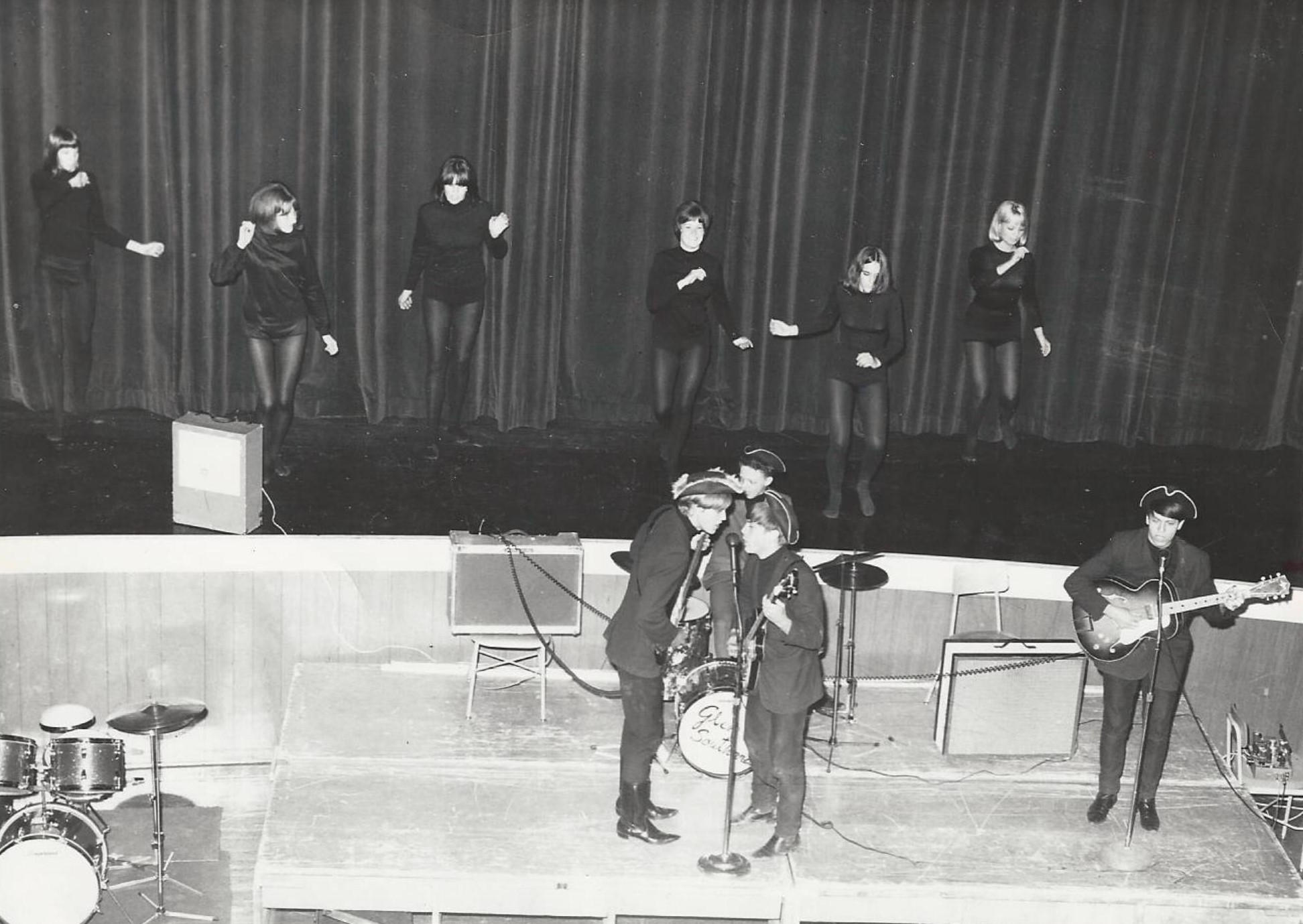
How would you describe the music scene where you lived in the mid to the end of the ‘60s?
Frank Trowbridge: Mostly covering the Beatles and other popular artists. We really worked on vocal harmonies to get them just right. One of the popular groups in our area was Paul Revere and the Raiders. So we had a moment where we had three cornered hats and outfits to match. I moved to Seattle, Washington, toward the end of the ‘60s and ended up in Sleepy John.
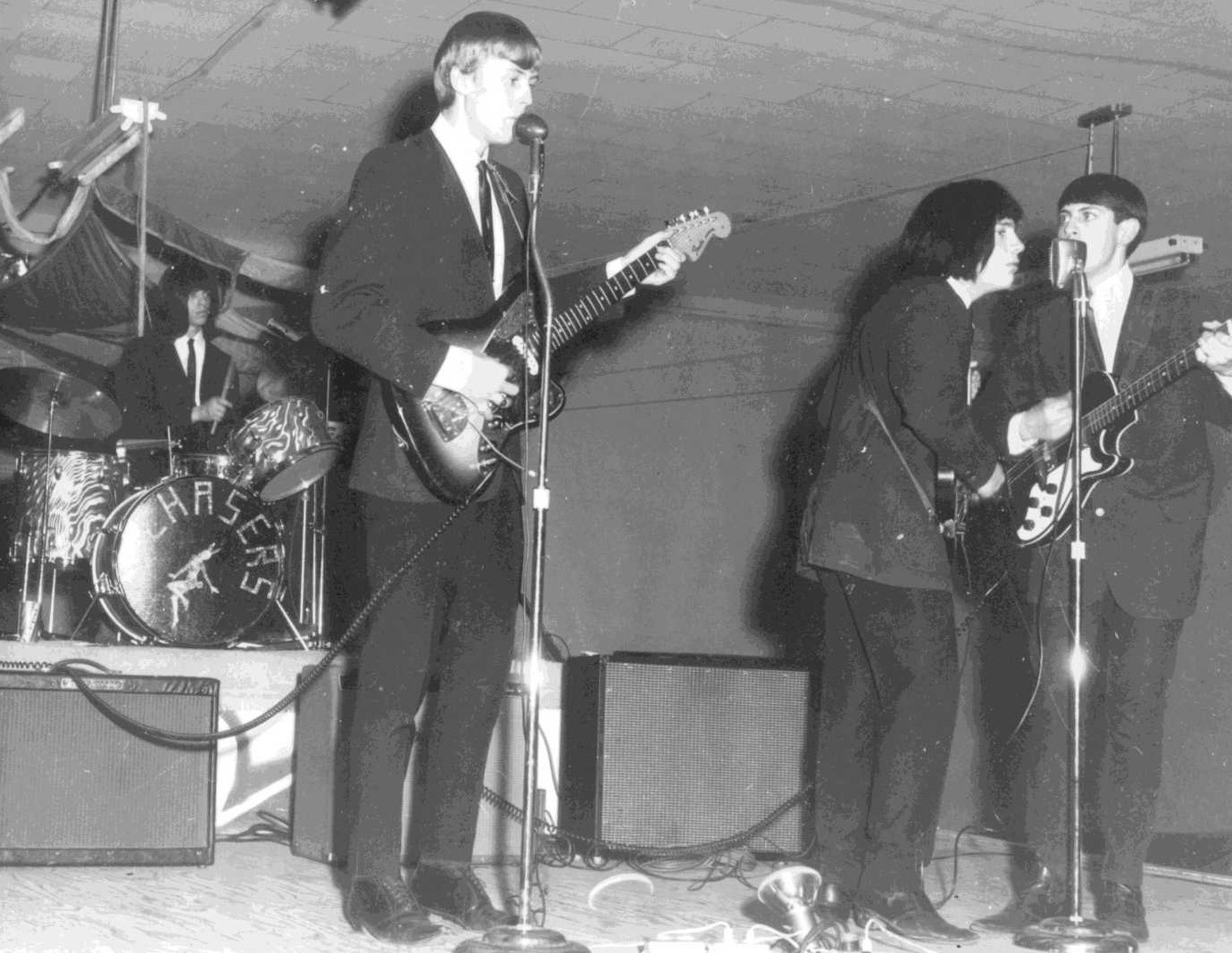
What led to the formation of Sleepy John?
Frank Trowbridge: In Seattle, I was living with David Lee and working in a tire shop. David was in contact with Tom Williams, and Tom had hopes that David would join him and Jim Bartlett for a three-piece group of keyboard, bass, and drums in Lewiston, Idaho. David was playing in a group in Seattle called Silver Bike and could not join the group. David suggested that Tom and Jim get me in their group. Tom and Jim drove to Seattle to meet me and take me back with them. Before we were to leave, David announced that Silver Bike was breaking up so he could also go to Lewiston and make it a four-piece. That became Sleepy John.
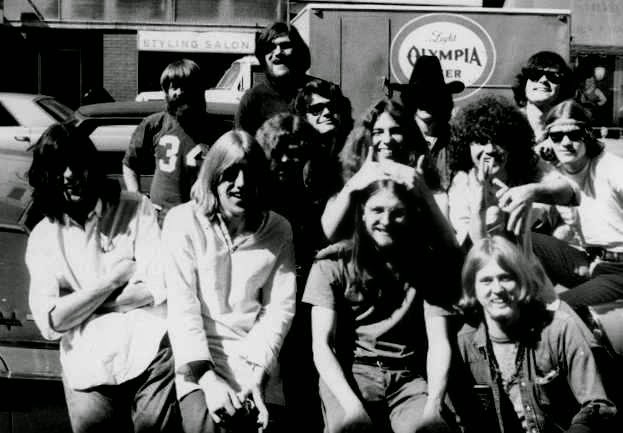
Who were some of the artists that you shared the stage with? What are some gigs that stood out?
Frank Trowbridge: There were a lot of gigs that stand out for both Sleepy John and Blind Willie. For Sleepy John, it would be Badfinger, Frank Zappa, Wild Man Fischer, and our tours in Canada.
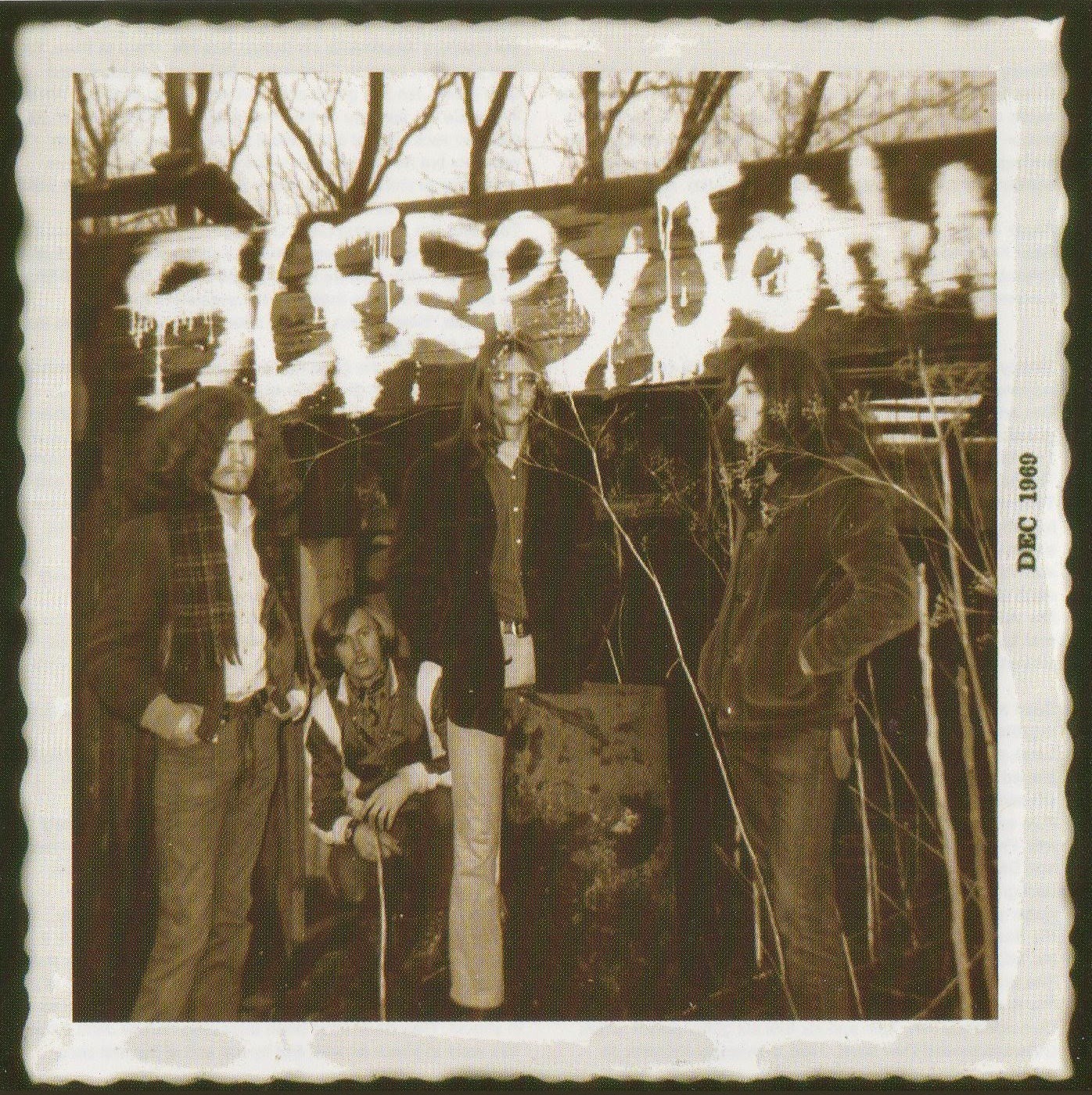
What can you tell us about the material you recorded?
Frank Trowbridge: Sleepy John was an all-originals band, and the songs were all written by David Lee and Jim Bartlett, with Tom and I heavily into the arrangement end. The recording was done in Jim Bartlett’s basement by Paul Speer on a Sony sound on sound two-track machine. We made it as a demo, and it came out pretty good.
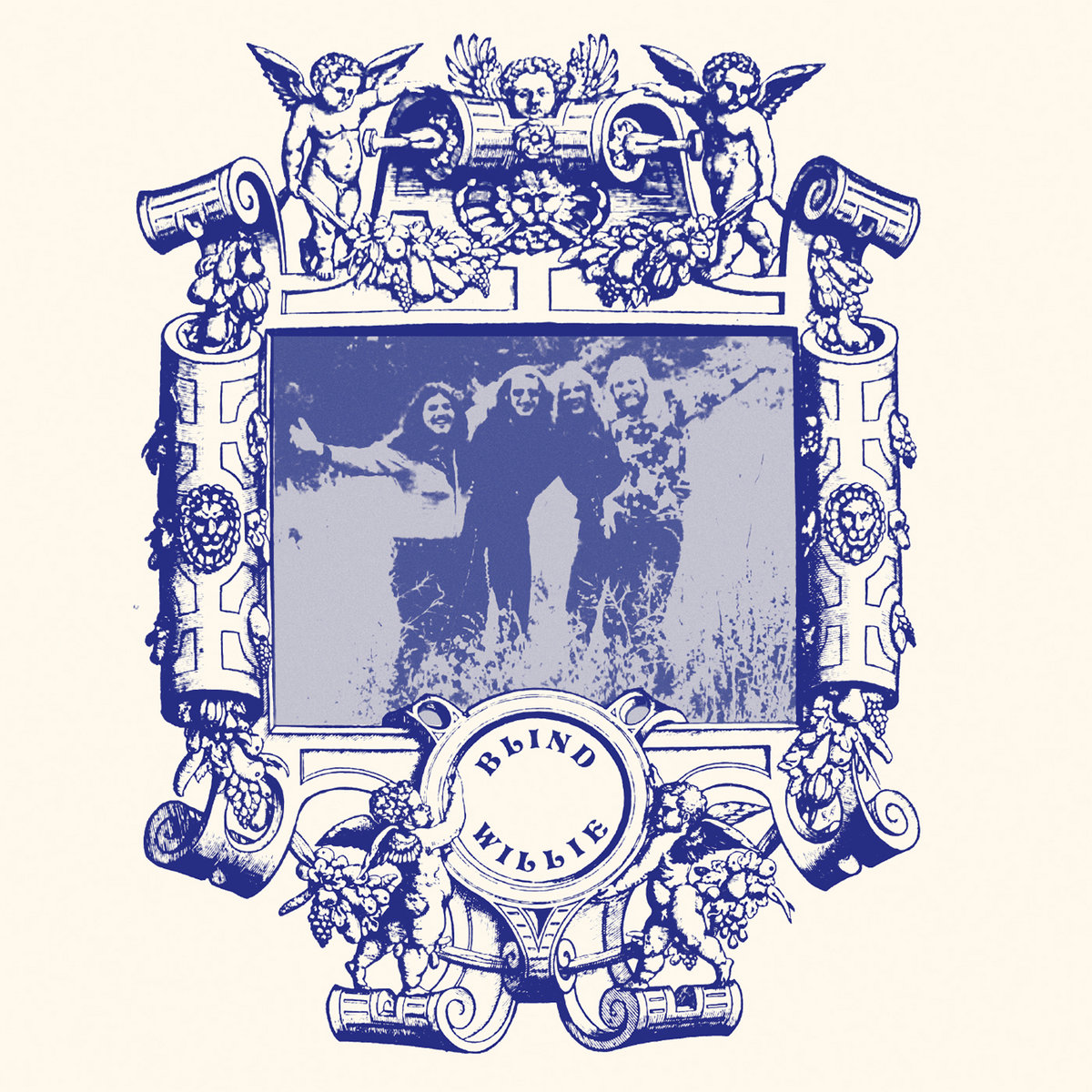
When did Sleepy John stop playing, and what led to the formation of Blind Willie?
Frank Trowbridge: Sleepy John moved from Lewiston to Spokane, Washington, in 1969. Jim Bartlett left the group and was replaced by John “Bosco” Jackson on bass. After Tom Williams left, he was replaced by Lawson Hill on drums. In early 1971, Sleepy John stopped. Blind Willie was formed by Charlie Bieker, Craig Karp, and myself. Jim Griffith came in on drums. Mike Hansen, who was Sleepy John’s manager, was also added. Craig was in a group called Easy Chair in Seattle, and Charlie and I often sat in with them. For some reason, three bands broke up at the same time.
You must have been heavily influenced by legendary blues artists to name both bands after them.
Frank Trowbridge: No, not really. Mike Hansen had a period where he listened a lot to blues records. He actually named both bands. We were kind of in a hurry to come up with a name for the new group to start booking jobs. Sometimes things happen just like that. Probably helped us work with Albert Collins, Albert King, and BB King, though.
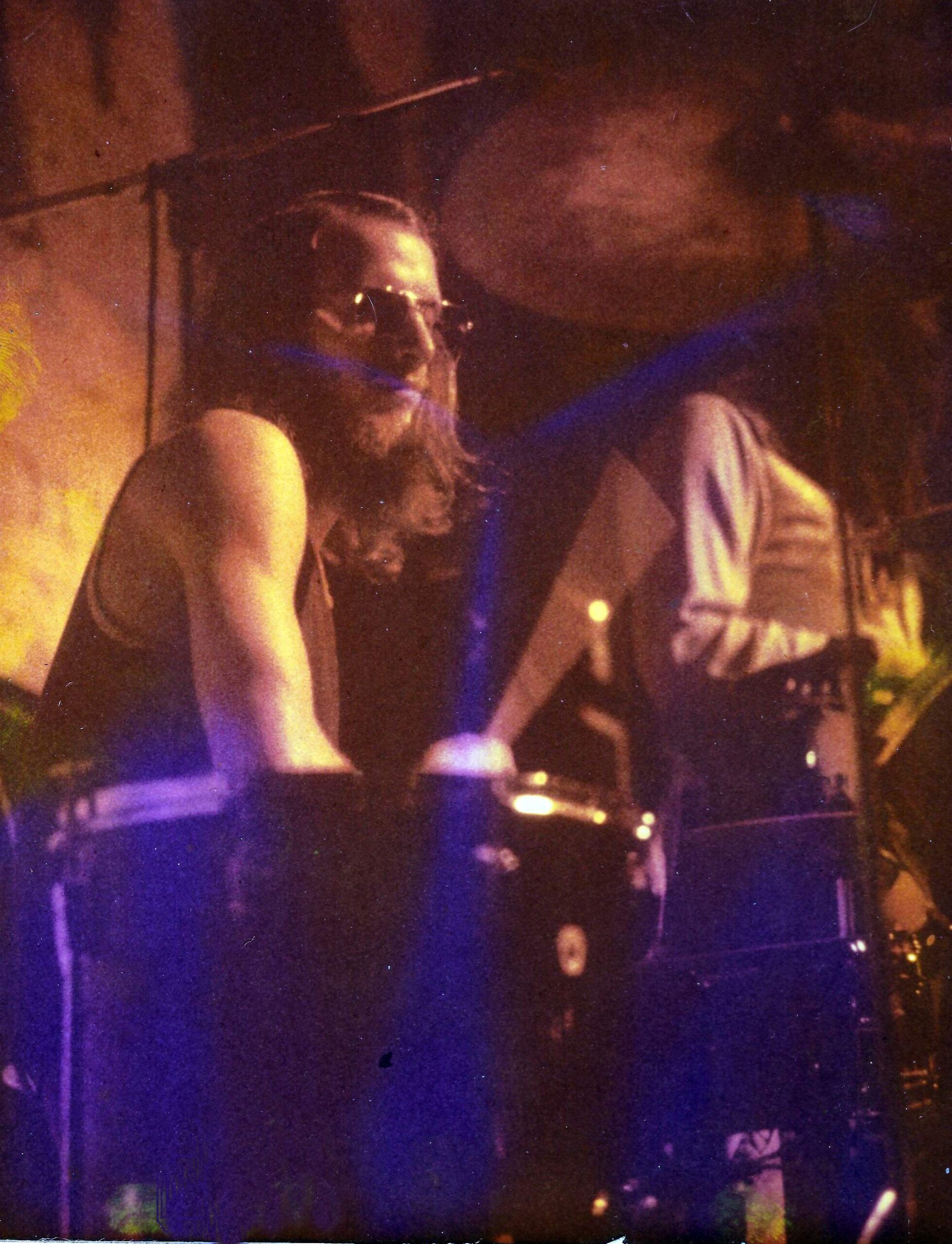
“The Guerssen vinyl album was a mixture of a demo tape done in Spokane and a radio broadcast done live at Kaye-Smith studio in Seattle”
What can you tell us about the fantastic recordings issued by Guerssen?
Frank Trowbridge: Blind Willie featured Craig Karp on vocals, rhythm guitar, and bass, and Charlie Bieker on vocals, guitar, and bass. I played lead guitar. Charlie and Craig switched out on bass depending on who was singing. We had a different lineup for the radio recordings, with Mike Garland on drums and Joe Johnson on bass. The Guerssen vinyl album was a mixture of a demo tape done in Spokane and a radio broadcast done live at Kaye-Smith studio in Seattle. The CD is out on the Japanese label, P-Vine. All of the radio recording is on the CD.
The band’s history includes a brief courtship with the Doobie Brothers’ Dave Shogren on bass, as well as major label interest from Columbia and Epic Records. What were the circumstances surrounding it?
Frank Trowbridge: We opened for the Doobie Brothers, and Dave Shogren was leaving the group. We jammed with him a bit and asked him if he would like to be in Blind Willie. He agreed and came to Spokane. Now we had three guitars, bass, and drums. It was a little busy, and it took some work to rearrange everyone’s parts. Ultimately, we were able to find Dave a studio project with the Ron Gardner Group in Seattle, and we got Joe Johnson. The label interest from Columbia resulted in doing some recording with a rep from New York. The rep failed to understand the band dynamics, and we returned him to the label. Some months later, Epic sent their rep to see the band perform, but we were unable to reach a suitable agreement with them either.
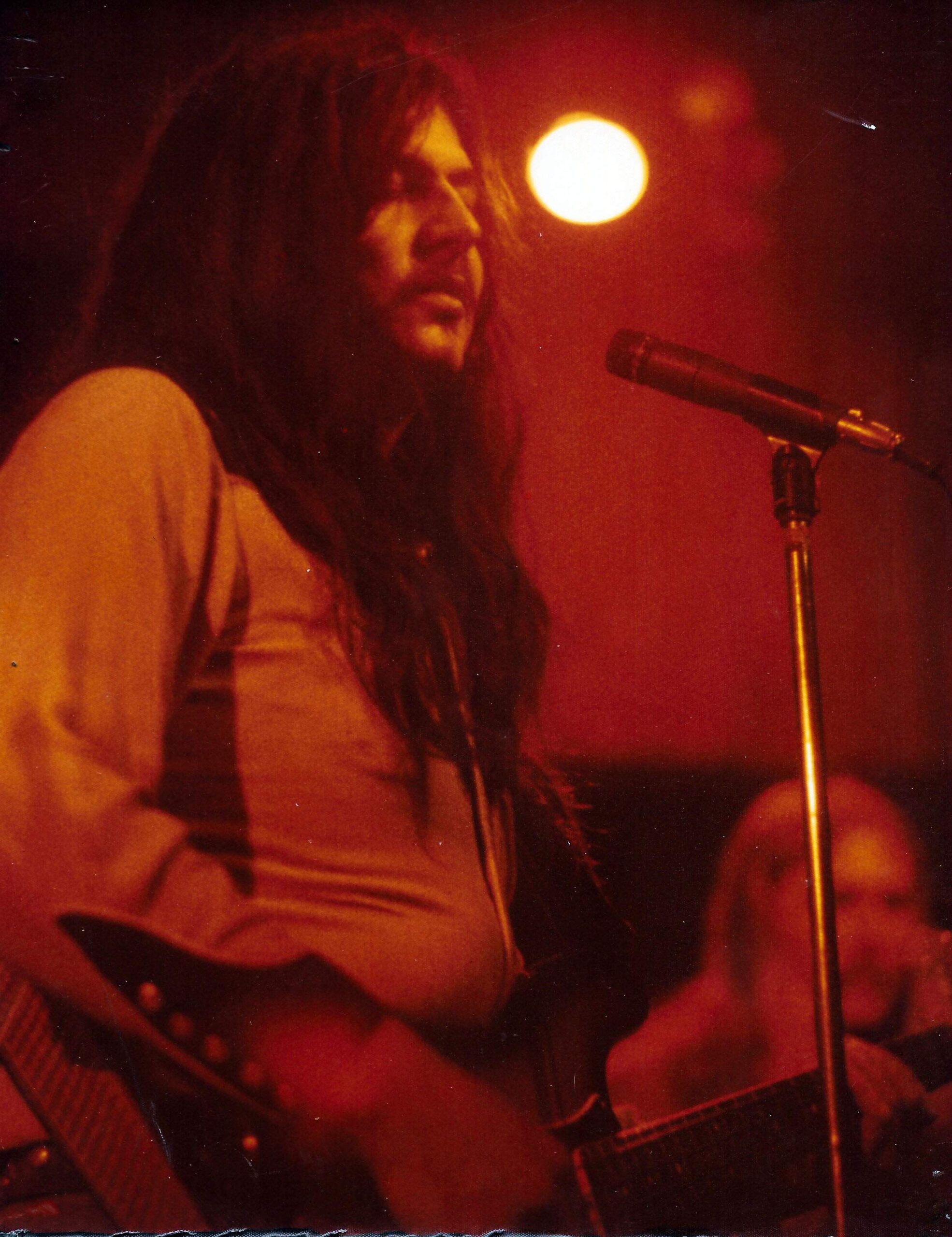
Were you involved with any other bands later on?
Frank Trowbridge: After Blind Willie, I joined a show group called The Rollers. This was a group that performed covers and skits with comedy. The original group consisted of Tom Williams and Dave Lee from Sleepy John, and the bassist Steve “Bumper” Morgan. When I joined, I replaced Paul Speer. I had just finished a one-year course in Advanced Jazz—in three months!—and was lucky as I needed to read music for all the sequences backing the skits and between songs. So I flew to Winnipeg, rehearsed for two weeks, and opened at the Playboy Club in Great Gorge, New Jersey. The Rollers toured all over the U.S. playing venues like The Playboy Club, Beowulf Jazz Club in Lighthouse Point, Florida, and in between New York City and Florida for almost three years. I also managed to do some session work in some great studios while we toured: Criteria Studios in Miami, Florida, Sounds Good in L.A., a Dolly Parton Studio in Nashville, and more.
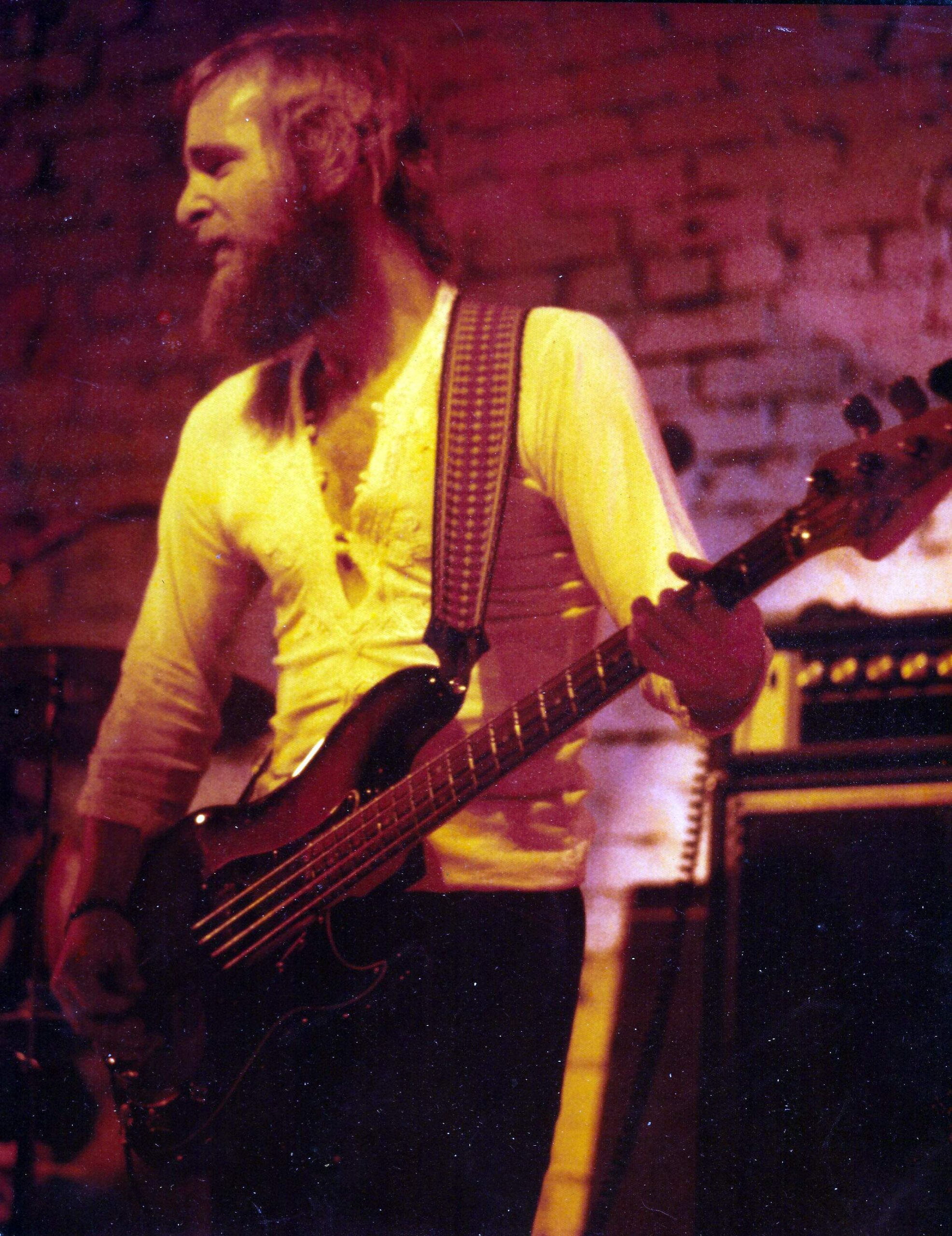
What happened after the band stopped? Were you still in touch with the other members? Is any member still involved with the music?
Frank Trowbridge: Charlie Bieker and Craig Karp went to Nashville. Craig was a successful songwriter who had hits for Marie Osmond, Gary Morris, Julien Clerq, Tanya Tucker, and many others. Charlie kept playing, built a studio at his house, and became a dental technician. Both Craig and Charlie have passed away, as have bassists Dave Shogren and Joe Johnson. All three of our drummers continued to play. Jim Griffith managed a music store and now he works in video. Les Merrihew is still playing professionally. Mike Garland is retired. Mike Hansen and his wife, jazz singer Deborah Brown, moved to Europe and established her career. So, I’ve been able to still be connected with most of the guys.
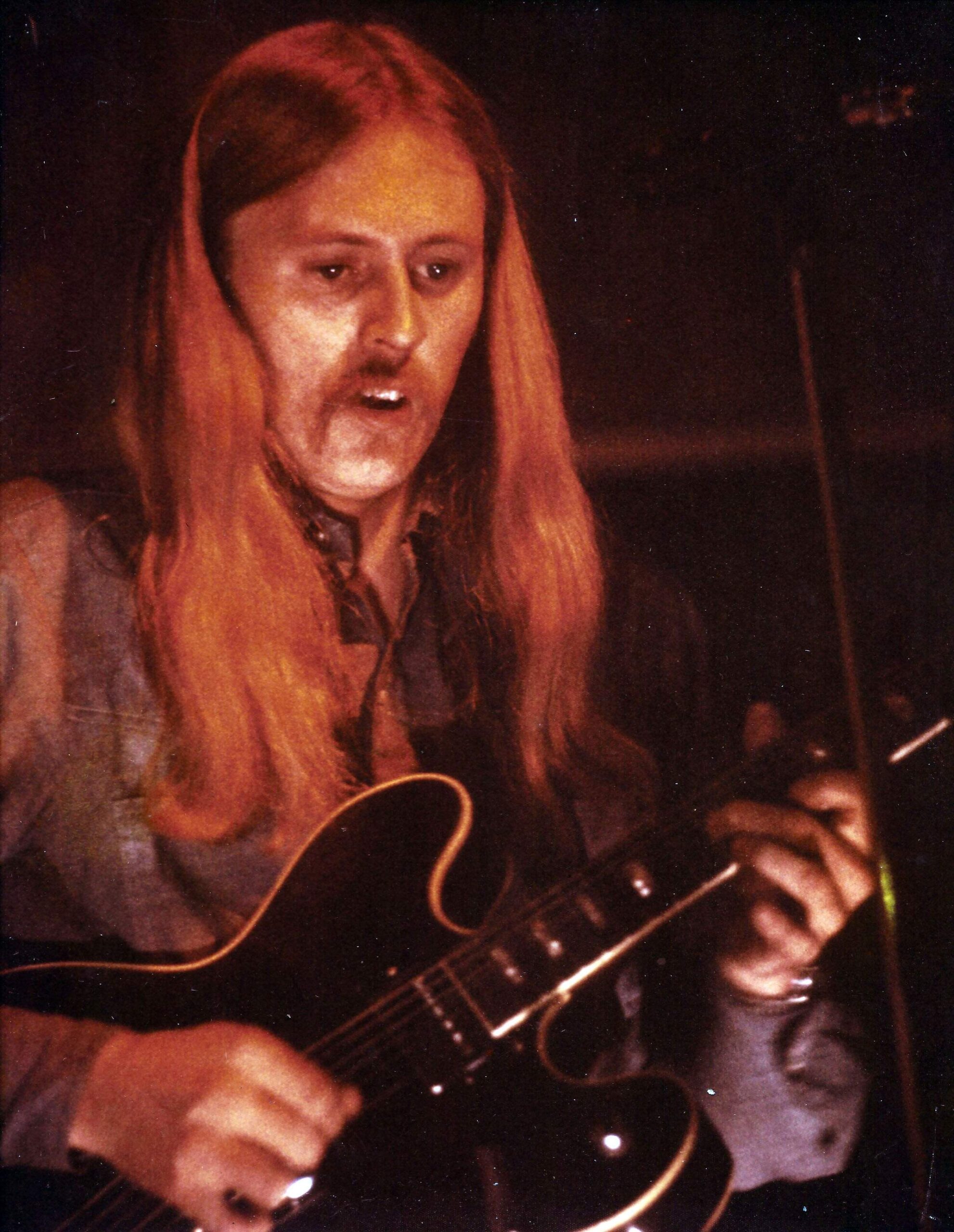
Looking back, what was the highlight of your time with the band? Which songs are you most proud of? Where and when was your most memorable performance?
Frank Trowbridge: There were so many, it is hard to pick. Opening for Billy Joel, Jim Croce, Bachman-Turner Overdrive, Doobie Brothers, and Albert King. We were the backing band for the Coasters and the Drifters, as well as for Albert Collins. We also had many experiences with San Francisco groups like Elvin Bishop, Cold Blood, and Delaney Bramlett. We opened for Cold Blood and Bob Seger at the Starwood Club in Los Angeles and played many festivals with everyone you can think of from Johnny Nash, John Mayall, Eric Burdon, War, and Canned Heat. Also played a night with Earl Scruggs Revue with a young Ricky Skaggs. There were also many moments like backstage with the Coasters and the Drifters sitting around me in a circle and singing all their songs while I tried to duplicate horn lines and some of the parts from their hits. It mostly came out sounding like country music, and we got some laughs out of my efforts.
What currently occupies your life?
Frank Trowbridge: Over the last 23 years, my wife Cathy and I are mostly retired, but I am still busy in my shop repairing, setting up, and occasionally doing some custom guitar builds at GuitarFranks Repair Service. We are in the middle of moving to a new house, and that’s keeping us pretty busy.
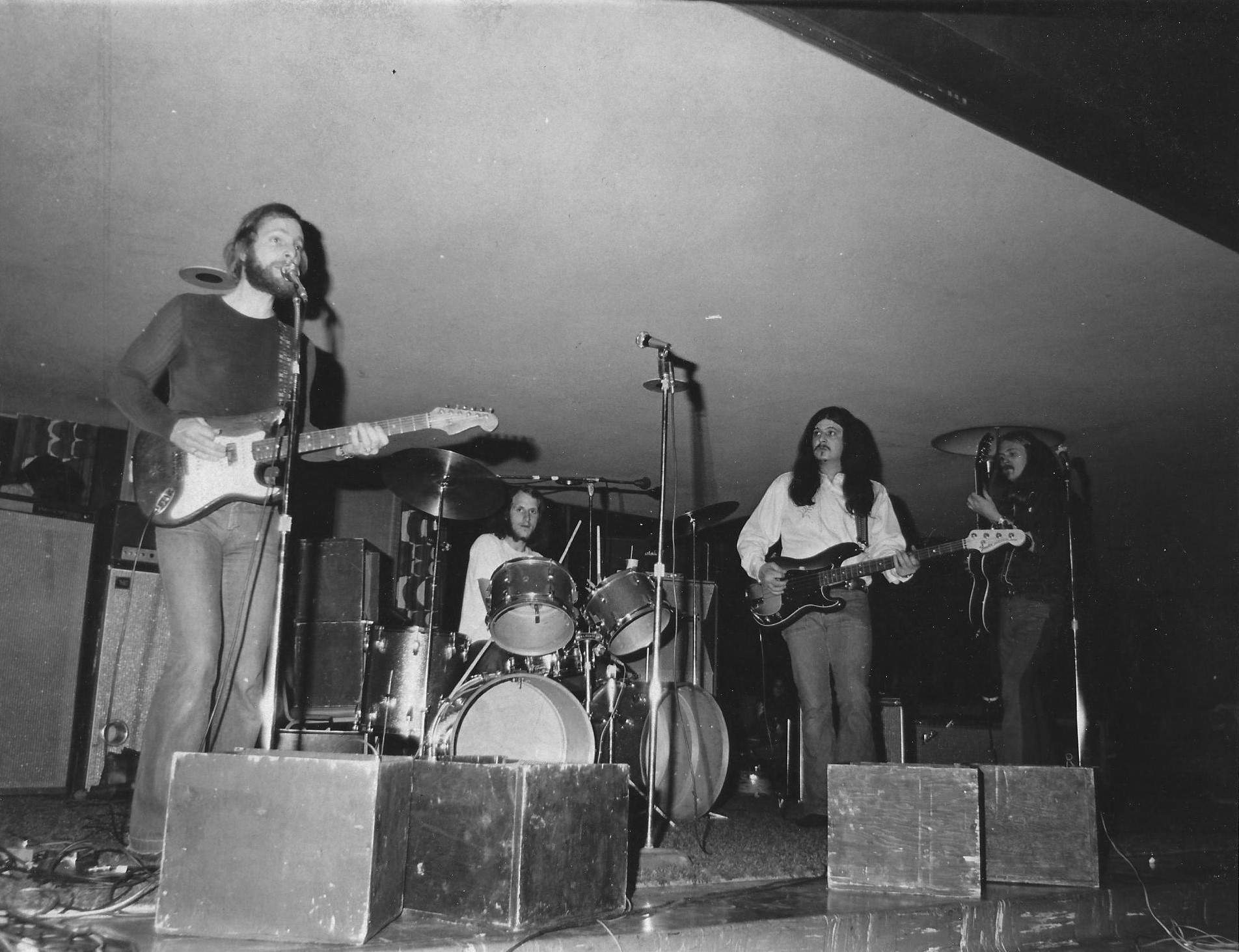
Thank you for taking the time. Last word is yours.
Frank Trowbridge: The biggest Blind Willie moment was at the 1974 World Expo where we were playing at the Grand Ear Massage festival. Michael Murphy just closed his set, and Wolfman Jack was up introducing Blind Willie. Above us was the Goodyear Blimp with “Blind Willie” scrolling across it. As we went on, I heard someone yelling to “kick some ass!” and it was Canned Heat. We picked up ASAP and headed to the El Patio in Stateline, Idaho, and opened for Cold Blood.
Thanks for making me research myself and clear up many foggy memories! Cathy and I have been clean and sober for over 36 years. We help mentor other recovering younger addicts while dealing with some residual mental issues, but we’re quite content.
Klemen Breznikar
Headline photo: Blind Willie
Guerssen Official Website / Facebook / Instagram / Twitter / Bandcamp / YouTube
Sleepy John | Interview with Tom Williams

